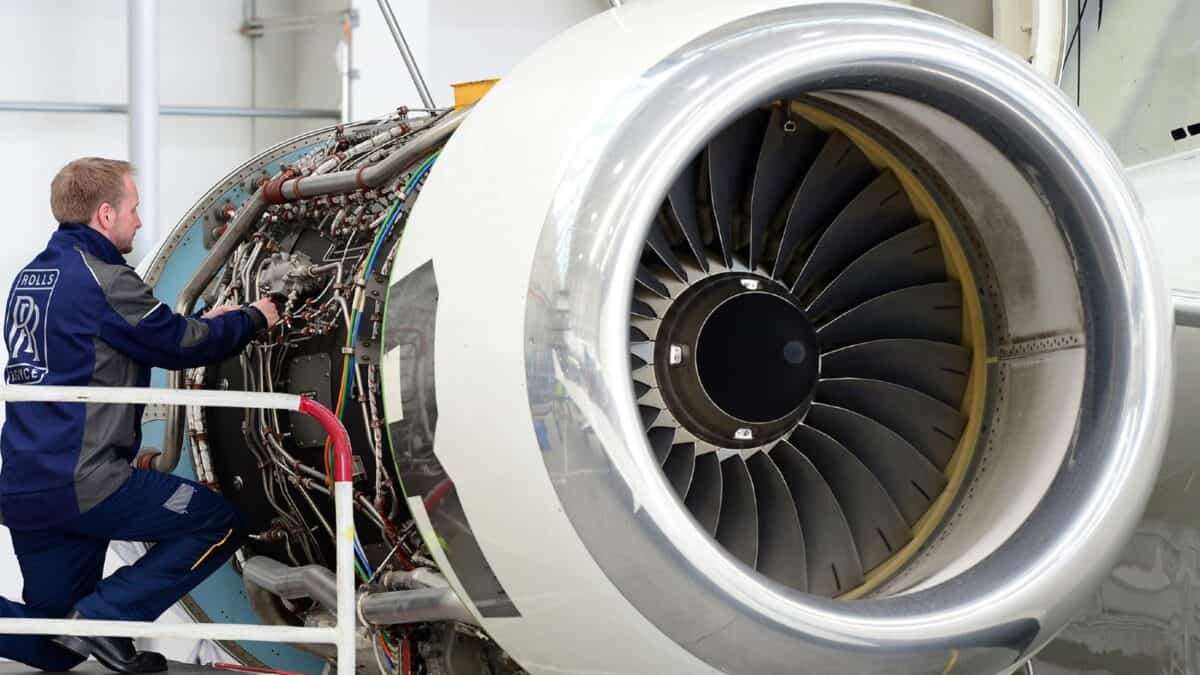Image source: Getty Images
The 2024 stock market recovery’s been a welcome break from all the downward volatility these past few years. Since the start of the year, flagship indices like the FTSE 100 and FTSE 250 have delivered double-digit returns, including dividends. But while the first index has already reached new heights, the second still has a long way to go before returning to 2021 peak levels.
In other words, cheap shares in the UK are far from extinct. This provides prudent investors the opportunity to add quality companies to their portfolios at a discount. And, in the long run, capitalising on undervalued shares expands the potential scope for capital gains as well as dividends.
Finding the shares
Finding bargain investments can be quite challenging during normal market conditions. After all, when investor confidence is high, valuations can often get ahead of themselves, requiring other investors to start coughing up a premium. But today, the story’s slightly different.
Premium valuations are still present in the market, but there are currently far more shares offering a reasonable price. Some are even outright bargains in the sectors that are out of favour. Industries like real estate, electronics, and travel in particular, don’t seem to have bounced back as aggressively as others.
So when searching for bargains, the first group of sectors is where I’d start searching. Depending on the business, I’m looking for low valuation multiples – such as the price-to-earnings ratio (P/E) – or underappreciated growth.
Only invest in quality
By screening tools, it’s possible to quickly find some of the ‘cheapest’ stocks. However, this is just the starting point of investigations. After all, shares trading at a low multiple could also be a value trap, and it’s up to investors to determine which is it.
Right now, International Consolidated Airlines (LSE:IAG) is among the cheapest large-cap shares on the UK stock market. It trades at a P/E ratio of just 4.7, yet that’s despite the stock rising by 30% over the last six months. So is this the beginning of the airliner’s long-awaited comeback?
Looking at the latest interim results, total revenue for the first half of 2024 grew 8.4%, thanks to higher passenger capacity. However, the real star of the show is free cash flow. After a successful cost-saving programme, margins have improved significantly, pushing free cash flow €460m higher to €3.17bn.
With more excess capital being generated, net debt’s tumbled by just over €2.8bn to €6.4bn, bringing its leverage ratio down and credit rating up. And to put the icing on the cake, the stronger balance sheet paired with expanding cash flows finally saw the return of dividends for the first time in five years.
Beware of the risks
Regardless of price, every investment carries risk. And International Consolidated Airlines is no different. The lack of excitement from investors isn’t entirely unfounded. Airliners are particularly susceptible to fuel inflation. But the more immediate threat’s that of competition.
Pricing power within the sector’s proving tough to exercise despite rising demand from passengers. Management’s already started to see softness creeping into its secondary markets in Ireland and Asia. Suppose this were to expand into North Atlantic travel? In that case, the recent strong performance in revenue and margins may fall out of the sky.
Credit: Source link














